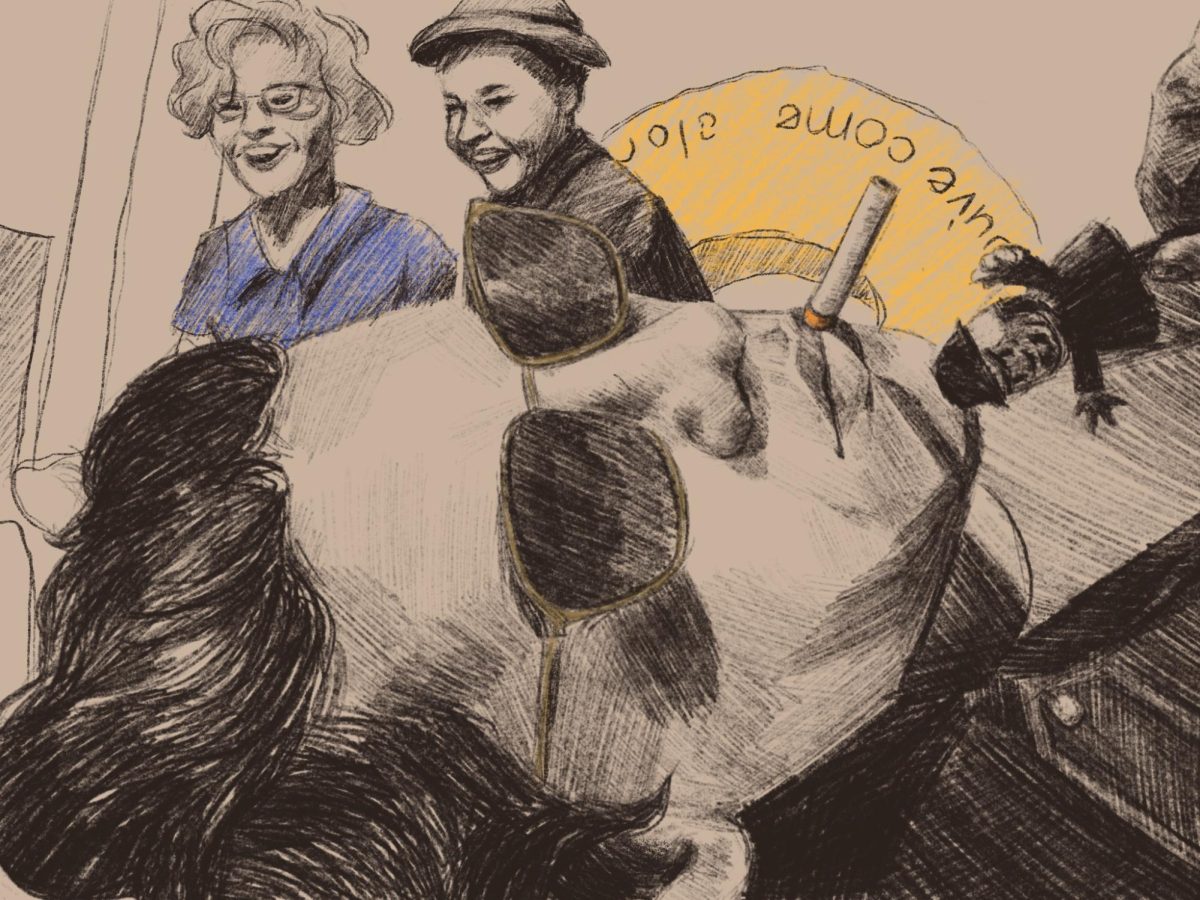Even 30 years later, watching a Gregg Araki movie feels subversive. Despite being fixtures of the New Queer Cinema movement, Araki’s films have historically been difficult to access. Late to come to streaming, they were often only available through physical media or pirated versions online — the traditional viewing experience is watching a bootleg. Due to his cult following and re-evaluation from critics, many of Araki’s films were recently restored and brought to streaming. One of those films, “Totally F***ed Up,” is available for streaming on Kanopy and offers a provocative look into the lives of queer teens in the early 90s. It is a rich cultural artifact that spits in the face of contemporary respectability politics.
The film is a pseudo-documentary with an ensemble of queer teens, featuring some of Araki’s recurring players like James Duval as Andy and Craig Gilmore as Andy’s lover, Brendan. The teens’ lives are turbulent, from being kicked out of their homes by their homophobic parents’ to navigating relationship conflicts and internalized homophobia. “Totally F***ed Up” is the first in Araki’s Teen Apocalypse Trilogy, a series of films set in Los Angeles about queer teens grappling with the AIDS epidemic, the post-Reagan era and the 90’s culture wars. “Totally F****ed Up” shows the provocative director at his most restrained — the film displays graphic gay sex, gross-out humor and a brash title to deter any adult killjoys, but its unembellished techniques create a kind of intimacy. Araki shot the film himself with no permits, and within the world of the film, one of the characters records interviews on a camcorder in a clear attempt to capture that he and his friends exist in a society that refuses to see them.
As the name implies, “Totally F***ed Up” is oozing with queer angst and Los Angeles attitude; dialogue is ridden with profanity, pop culture references and the word “whatever.” There is a dissonance between the location and the characters — resonant to any high schooler who feels trapped in their surroundings. While the film opens in a nightclub, most of the locations are as mundane as an abandoned parking garage or a shopping mall. The teens’ strife butts up against the trappings of American suburban life. They make trouble in the nighttime, and by the end of the film, chaos even creeps into the daylight.
The opening image of “Totally F***ed Up” reads “Suicide Rate High Among Gay Teens,” and it’s something as true today as it was thirty years ago. Araki’s films are too fun and bizarre to be didactic, but by the end of the film, the stakes are very clear as the film deals with cheating, familial rejection, anti-gay violence and suicide. These realities hit the characters hard because, while they try their best to be aloof, they’re teens. They care about what happens to them and their friends. Teen angst is nothing new to the screen, but Araki’s precise concoction of comedy, debauchery and tragedy is unmatched. So when you feel the urge to marvel at something like “Euphoria,” just remember that Araki did it better — and first.
Contact Sawyer Gouw Ranzetta at [email protected].


























































































































































